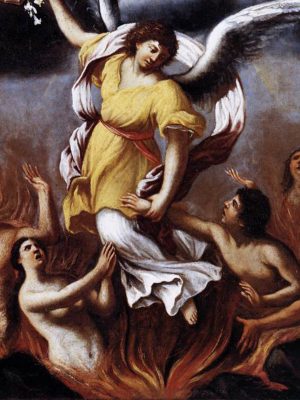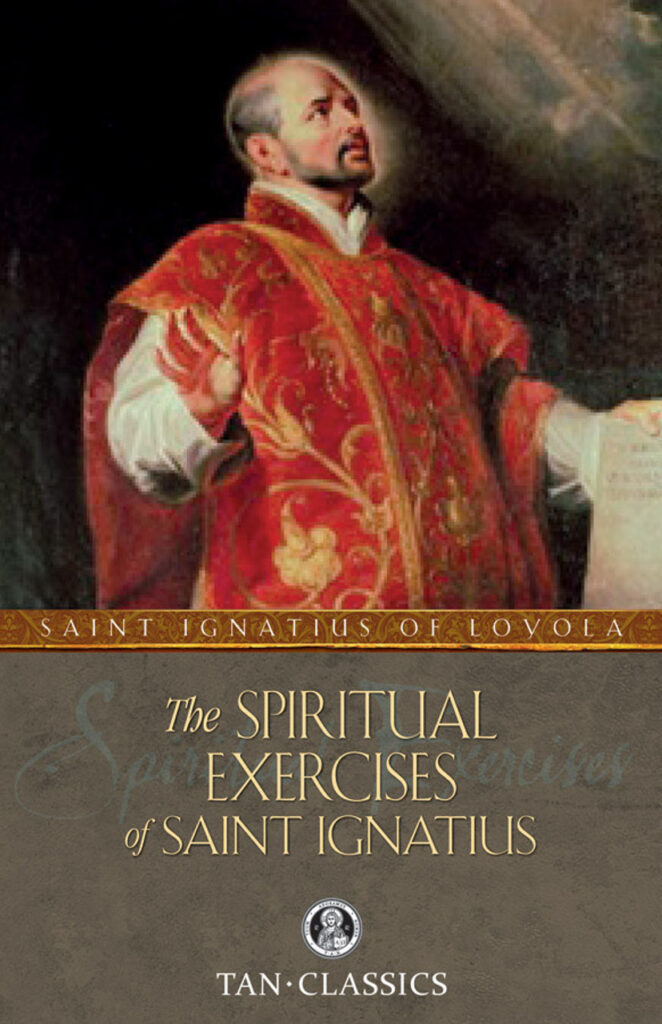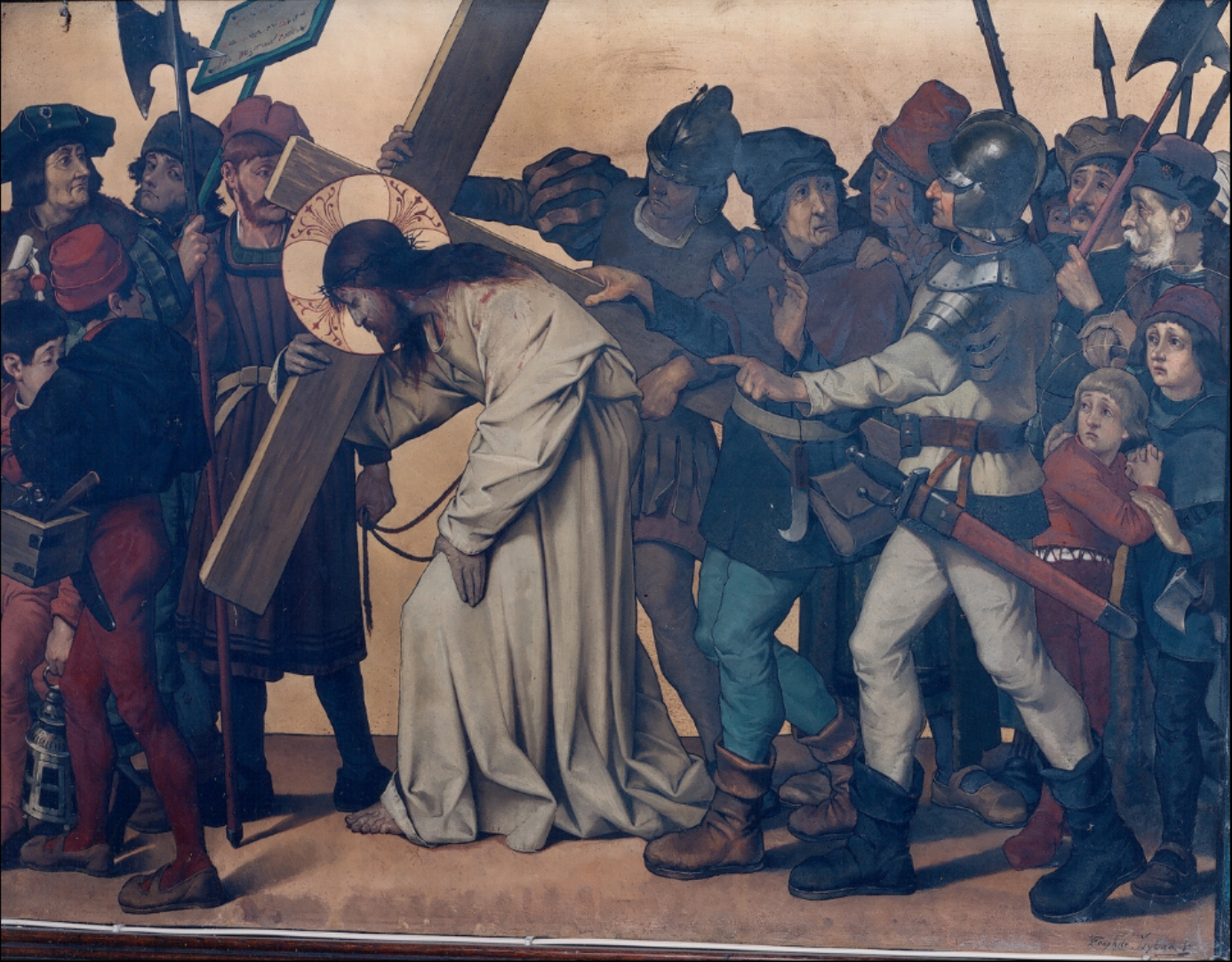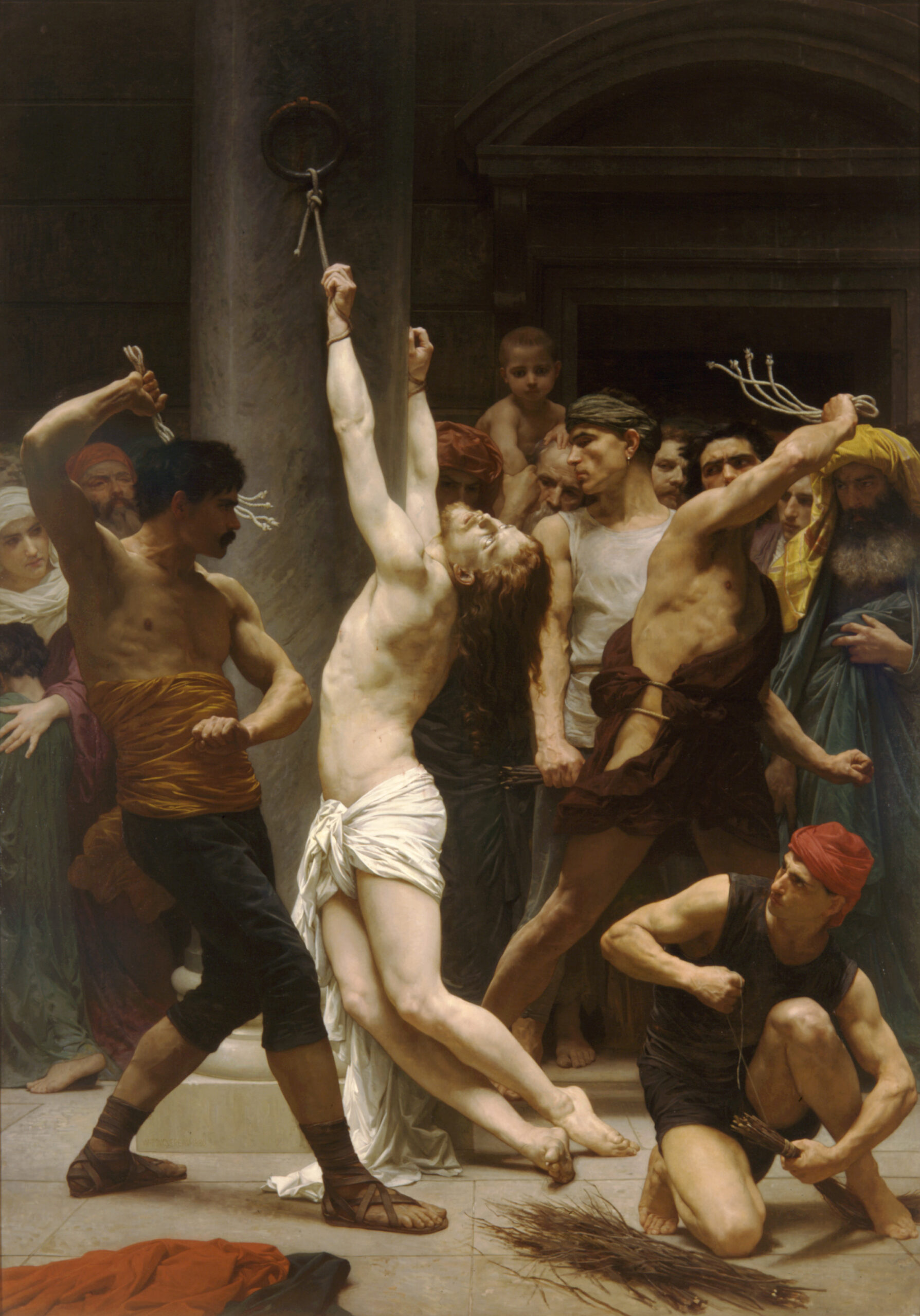Follow along with Saint Ignatius of Loyola as he guides you through an exercise on venial sin. This excerpt was taken from The Spiritual Exercises of Saint Ignatius.
On Venial Sin
Preparatory prayer.
First prelude. Represent to yourself the fires of purgatory and a soul in these fires expiating the sins it committed on earth.
Second prelude. Ask of God the knowledge and the hatred of venial sin.
FIRST CONSIDERATION
The malice of venial sin
Venial sin is essentially an offense against God. It is consequently a contempt of the majesty of God, an ingratitude toward His goodness, a resistance to His will, an injury to all His perfections—a slight injury if compared to that which mortal sin offers to God but very serious if considered in itself; for it is an offense against Infinite Majesty by a vile creature and for a vile motive.
Venial sin is, then, really the evil of God. Meditate well on these words: An evil against God; that is to say, an evil so great that it surpasses all the temporal and even eternal evils of creatures. The destruction, or above all the damnation, of the whole human race would be a great evil; and yet it would be a sin to wish, if we had the power, to save the human race from destruction or hell at the price of one venial sin.
It is an evil so great that all the sacrifices and virtues of creatures render less glory to God than one venial sin takes from Him.
It is an evil so great that neither the mind of man can comprehend it nor his will hate it as it deserves to be hated, nor any expiation of his suffice to repair it. For it requires nothing less than the mind, the will and the atonement of a God.
SECOND CONSIDERATION
The effects of venial sin
Venial sin, it is true, does not destroy in us habitual grace; but, nevertheless, how deplorable are its effects in the soul!
1. It imprints a stain that tarnishes its beauty. It is to the soul what an ulcer is to the body.
2. It weakens the lights of the spirit and the fervor of the will; and from that arise languor in prayer, in the use of the Sacraments and in the practice of Christian virtues.
3. It deprives the soul of the superabundance of graces—choice graces, which God only gives to purity of heart.
4. It deprives the soul of a greater degree of grace and glory that it would have acquired by its fidelity and that is lost by its fault. A God less glorified eternally, less loved and less possessed—such are the consequences of venial sin to the soul.
5. It leads to mortal sin as sickness leads to death; for the repetition of venial sins insensibly weakens the fear of God, hardens the conscience, forms evil attachments and habits, gives fresh strength to the temptations of the enemy of our salvation, nourishes and develops the passions. Hence the Holy Spirit says, “He that contemneth small things, shall fall by little and little” (Ecclus. 19:1); and that of Our Saviour, “He that is unjust in that which is little, is unjust also in that which is greater” (Luke 16:10).
THIRD CONSIDERATION
The punishment of venial sin
Even in this life God has often inflicted most rigourous vengeance for venial sin. Moses and Aaron were excluded from the promised land in punishment of a slight distrust; the Bethsamites were struck dead for an indiscreet look at the Ark; seventy thousand Israelites were carried off by a destructive scourge in punishment of the vain complaisance of David in the numbering of his subjects.
But it is above all in the next life that venial sin is punished with the most alarming rigor. Enter in spirit this blazing prison, where the justice of God purifies His elect, and meditate attentively on the following circumstances:
1. What is the victim suffering in purgatory? It is a predestined soul; a soul confirmed in grace and that cannot lose it; a soul so dear to God that He is impatient to give it the most magnificent testimony of His love, that is to say, the possession of Himself.
2. What does it suffer? Pain that man cannot conceive; that is, fires that differ in nothing from those that devour the damned—it is the opinion of St. Augustine, confirmed by St. Thomas, “The same fire forms the torment of the damned and the purification of the just,” and the privation of God, which delivers up the soul to all that is most agonizing in regrets and desires.
3. Why does it suffer? For some of those faults that almost every moment are committed from the weakness of our will.
End by looking into your conscience. Examine the faculties of your soul and the senses of your body. Call to mind how far divine faith regulates the use of them with regard to God, your neighbor and yourself. Examine all the venial faults you commit each day in these different points, through ignorance, levity or weakness—perhaps even with malice and reflection. Humble yourself before God and say with the prophet: “For evils without number have surrounded me; my iniquities have overtaken me, and I am not able to see. They are multiplied above the hairs of my head, and my heart hath forsaken me. Be pleased, O Lord, to deliver me” (Ps. 39:13, 14).
Colloquy with the Blessed Virgin and Our Saviour.
Pater. Ave.
ooo
This article is taken from a chapter in The Spiritual Exercises of Saint Ignatius by Saint Ignatius of Loyola which is available from TAN Books.









